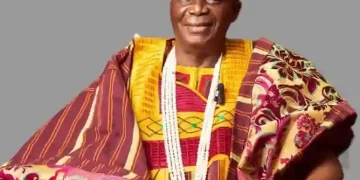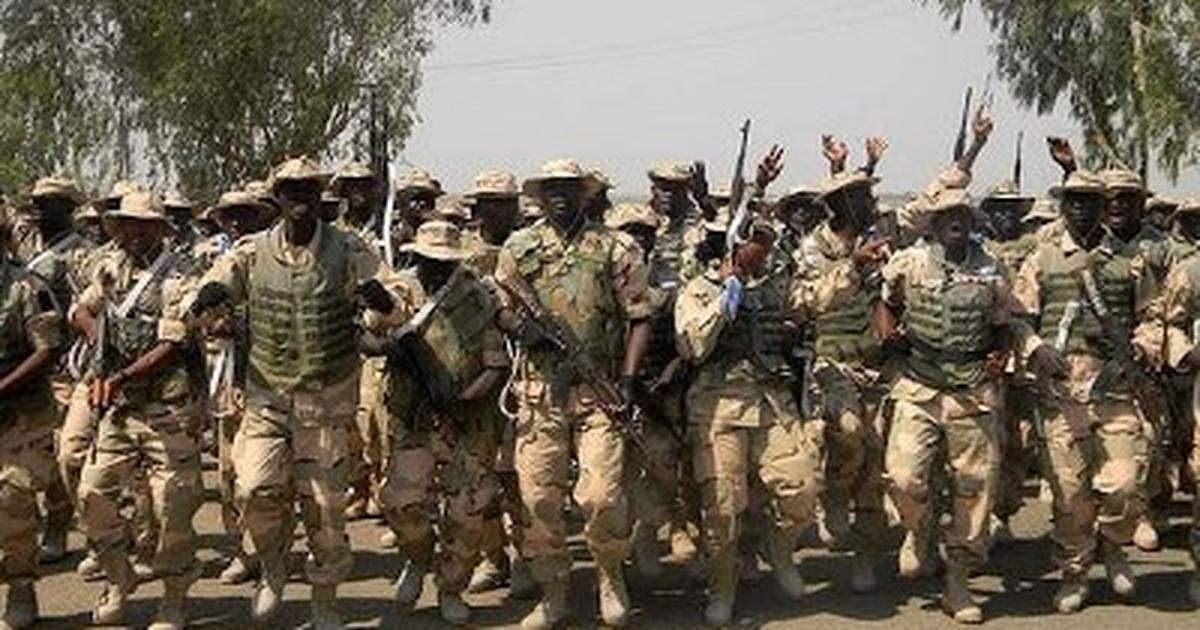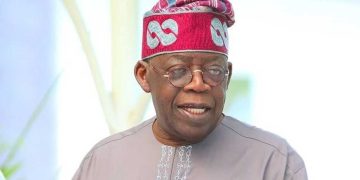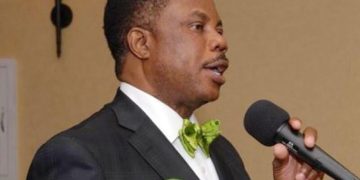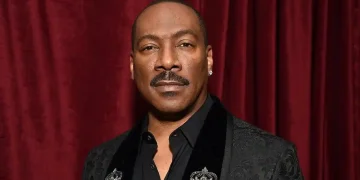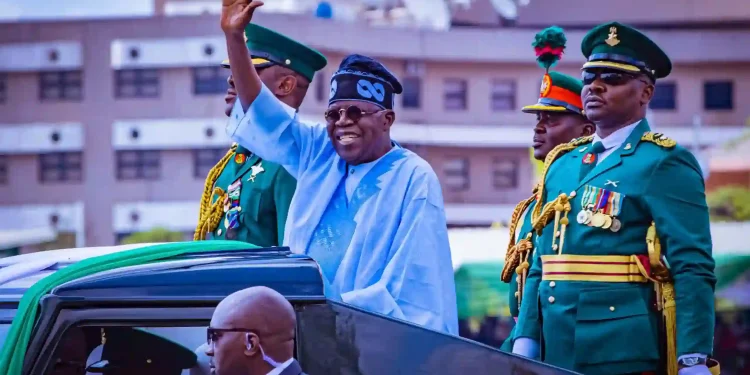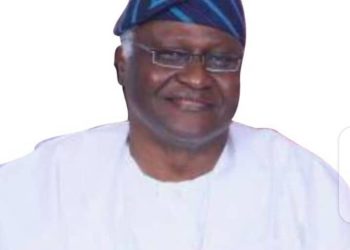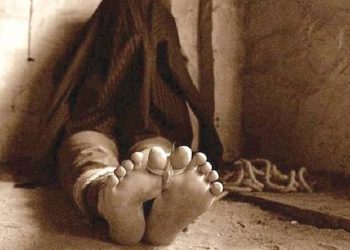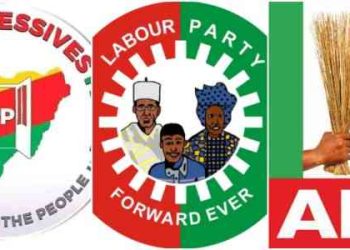The cancellation of Nigeria’s Independence Day parade on October 1, 2025, was officially attributed to “security concerns.” But beneath the bureaucratic language lay a chilling reality; an alleged blueprint for mass assassination and a military coup aimed at truncating the Nigerian state. The reported plot, involving over 30 military personnel and targeting the president, vice president, and legislative leaders, sent shockwaves through a continent already reeling from a wave of military takeovers.
While Nigeria’s robust democratic institutions ultimately held, the attempt serves as a stark symptom of a profound crisis gripping Africa. From 2020 to 2025, a cascade of coups has swept across West and Central Africa, Mali, Burkina Faso (twice), Niger, Guinea, Gabon, and, most recently, Madagascar, marks the most significant resurgence of military rule in a generation. This is not merely a series of isolated internal breakdowns. It is a complex, multi-faceted phenomenon where domestic disillusionment meets a new era of geopolitical competition, creating a perfect storm that threatens to reverse decades of democratic progress.
African Democracies Are Vulnerable
Coups do not occur in a vacuum. As highlighted by the German think-tank SWP, three key drivers create fertile ground for military intervention: “acute crises, politicised armed forces, and self-reinforcing regional dynamics.”
The “acute crises” are all too visible across the Sahel and beyond. Rampant corruption, dire economic inequality, and a crushing lack of opportunity have bred widespread public discontent. In many nations, citizens view their democratic governments not as vehicles for progress, but as self-serving cartels. The Georgetown Journal of International Affairs notes that coups are more likely where “voters have lost faith in the political system,” as seen in Gabon and Guinea, where military interventions prevented controversial political successions.
Compounding this is the severe security challenge posed by jihadist insurgencies, particularly in the Sahel region. National armies, like Nigeria’s, are often overstretched, under-resourced, and demoralised. This failure to provide basic security is a powerful justification used by coup plotters to win public acquiescence, if not outright support. Furthermore, countries with a history of military rule, like Nigeria, retain a political culture where the armed forces see themselves as the ultimate arbiter of national order, making intervention seem a plausible solution.
The Foreign Hand
It is into this tinderbox of domestic grievance that external actors have thrown a lit match. The 21st-century scramble for Africa is not for territorial colonies, but for influence, resources, and strategic alignment. Authoritarian regimes and newly minted juntas, often shunned by Western partners, are ripe targets for this “foreign bait.”
The most well-documented case is Russia’s involvement in Burkina Faso. The September 2022 coup that brought Captain Ibrahim Traoré to power was not merely a product of local unrest. According to the European Council on Foreign Relations, Russia provided active support. This included sophisticated disinformation campaigns using fake accounts and AI-generated content to portray Traoré as a revolutionary hero, while embedding agents within Burkinabe intelligence and deploying military “advisers.” An associate fellow at the Royal United Services Institute (RUSI) noted this could be “the first example of Russia playing a part in instigating a coup rather than just capitalising on pre-existing unrest.”
Beyond direct support for coups, foreign actors actively prop up authoritarian regimes, stifling democracy in exchange for strategic advantages. The Central African Republic (CAR) is a textbook example. President Faustin-Archange Touadéra, initially elected, has systematically dismantled democracy, using a referendum to abolish term limits. To secure his grip on power, he enlisted the Russian state-backed Wagner Group. Wagner mercenaries, sent to “secure the constitutional referendum,” have been accused by UN reports of severe human rights abuses, intimidation of journalists, and violent harassment of civilians. In return, Russia has gained lucrative access to CAR’s vast mineral resources, a classic neo-colonial bargain.
This influence is also peddled through softer channels. Organisations like the Russian Centre for Promotion of International Initiatives and the “African Initiative” engage with journalists and civil society leaders in countries like Nigeria, Mali, and Burkina Faso, acting as key facilitators for Russia’s information war, shaping local narratives to favour anti-Western, pro-authoritarian viewpoints.
The Domino Effect and the Feeble Response
The coup in Niger in 2023 demonstrated the self-reinforcing nature of this trend. It created a “coup belt” across West Africa, with military juntas in Mali, Burkina Faso, and Niger forming a mutual defence pact and openly rejecting their former regional bloc, ECOWAS. This has created a dangerous security vacuum along Nigeria’s borders, allowing jihadist groups to expand their operations and further destabilise the region.
The response from regional and international bodies has been, at best, inconsistent and weak. ECOWAS’s initial strong rhetoric against the Niger coup gave way to fractured diplomacy and a failure to reinstate the ousted president. The African Union (AU) has been largely sidelined. This lack of a unified, decisive response from democratic powers has emboldened both coup plotters and their external backers, signalling that the costs of overthrowing a government are low.
Battle for the Soul of a Continent
The alleged coup plot in Nigeria is a canary in the coal mine. It reveals that even the continent’s largest democracy is not immune to the forces of instability being weaponised by a new era of great power rivalry. The battle for Africa’s future is being waged on two fronts: an internal struggle to build democracies that deliver tangible benefits for their citizens, and an external struggle against foreign powers that see Africa’s instability as their strategic opportunity.
To resist this onslaught, African democracies must address the root causes of their vulnerability, corruption, inequality, and insecurity, to rebuild public trust. Simultaneously, regional bodies like the AU and ECOWAS must develop a more robust, unified, and proactive strategy to defend constitutional order, making the cost of a coup unacceptably high for both domestic plotters and their foreign sponsors. The alternative is a continent locked in a cycle of authoritarianism and violence, where the promise of democracy is extinguished not by its own failures alone, but by a well-baited trap from abroad.

Seunmanuel Faleye is a brand and communications strategist. He is a covert writer and an overt creative head. He publishes Apple’s Bite International Magazine.

